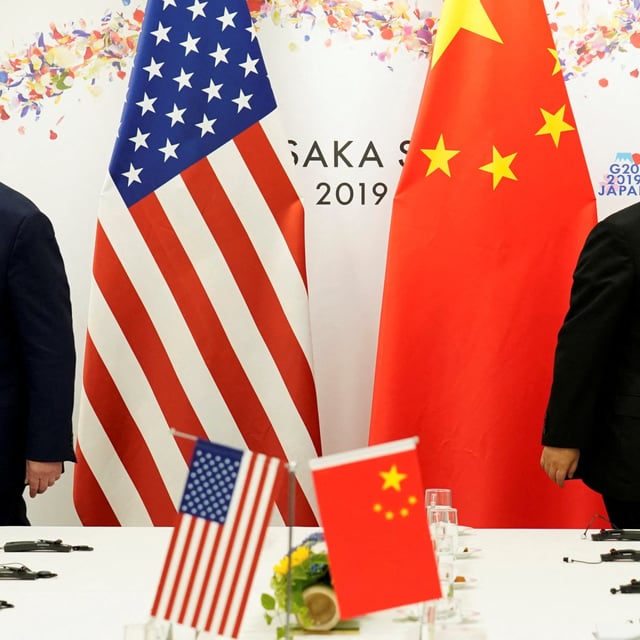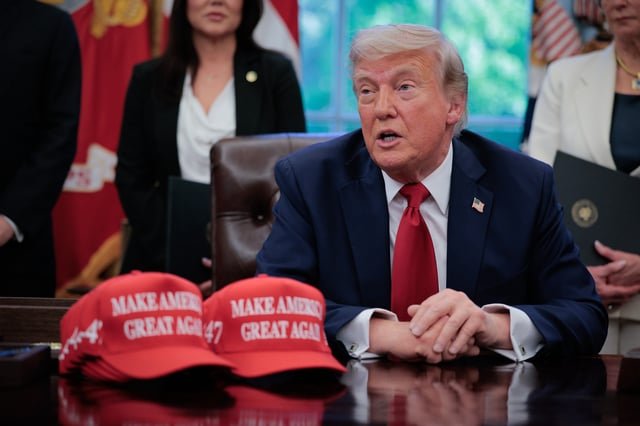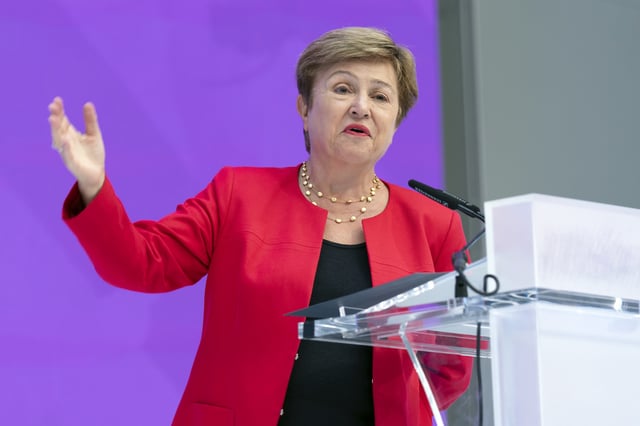Overview
- President Trump suggested that the 145% tariff on Chinese imports could be reduced substantially, though specifics remain unclear and no timeline has been confirmed.
- China's Commerce and Foreign Ministries officially denied any active trade negotiations with the U.S., calling such claims baseless.
- A coalition of 12 states has filed a lawsuit challenging the legality of the tariffs, arguing they were imposed without congressional approval under the International Emergency Economic Powers Act.
- U.S. Treasury Secretary Scott Bessent stated that current tariff levels are unsustainable but clarified that reductions would not occur unilaterally without reciprocal actions from China.
- Financial markets remain volatile, with initial optimism over potential tariff reductions fading as uncertainty around U.S.-China trade relations and domestic economic risks persists.



